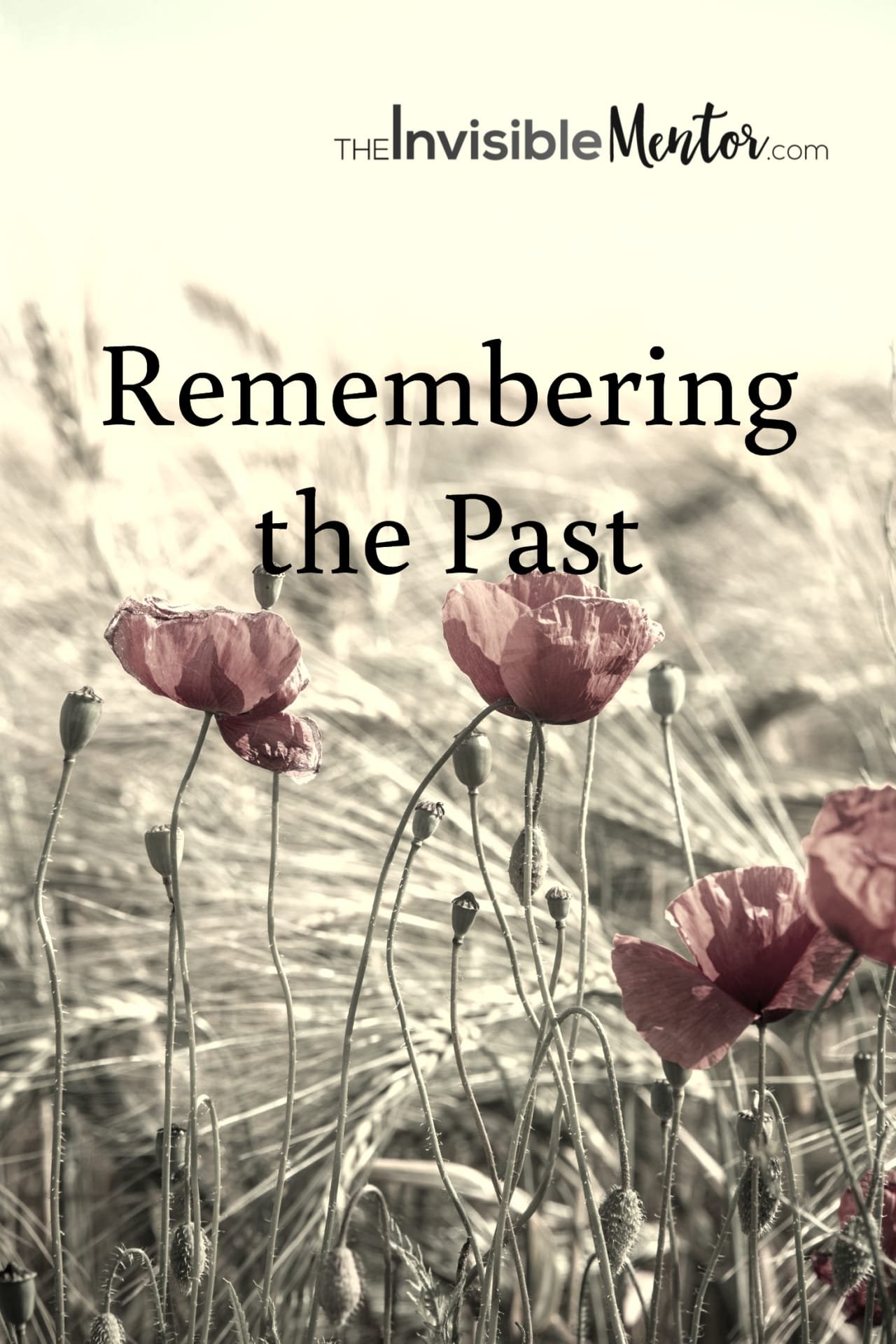when memories were captured on film and stored in photo albums? Those were the days, weren’t they? Well, if you’re feeling a bit nostalgic and want to relive those moments, I’ve got some good news for you. In this article, we’ll dive into the world of memory preservation and explore some creative ways to reminisce about the past.
Nowadays, with the advent of smartphones and digital cameras, taking photos has become so easy and convenient. But there’s something about flipping through tangible photographs that just hits differently, don’t you think? Thankfully, there are still ways to print out your digital photos and create your own modern-day photo album. We’ll discuss how you can go about doing this and even suggest some creative ways to display your memories.
If you’re feeling extra crafty, we’ll also delve into the world of scrapbooking. Remember how exciting it was to create collages and decorate your photo albums with stickers and handwritten captions? Well, you can still do all that with scrapbooking! We’ll share some tips and tricks on how to get started and create meaningful scrapbook pages that truly capture the essence of your memories.
So, whether you’re yearning for the good old days or simply looking for a new way to preserve your memories, this article has got you covered. Get ready to unleash your creativity and embark on a journey down memory lane. Trust me, you won’t want to miss it! ing the Past
Why Remembering the Past is Important
Preserving History
Remembering the past is crucial because it allows us to preserve history. By understanding our past, we can gain valuable insights into the events and experiences that have shaped our present. Whether it is the rise and fall of civilizations, major world conflicts, or significant cultural developments, preserving historical knowledge ensures that we do not lose sight of our collective heritage.
Learning from Mistakes
Another reason why remembering the past is important is that it allows us to learn from our mistakes. History has a way of repeating itself, and by examining the past, we can identify patterns and trends that can help us make better decisions in the future. By remembering the mistakes and failures of the past, we can avoid making the same errors and strive to create a better world.
Understanding Our Roots
Remembering the past also helps us understand our roots. By examining our history, we can gain a deeper understanding of our cultural identity and heritage. It allows us to appreciate the traditions and customs that have been passed down through generations and highlights the values and beliefs that shape our society.
Methods of Remembering the Past
Oral Tradition
One method of remembering the past is through the oral tradition. This is the sharing of stories, myths, and legends from one generation to another through spoken word. Oral tradition plays a vital role in many indigenous cultures, where knowledge, history, and cultural practices are passed down verbally, preserving the past and keeping it alive in the present.
Written Records
Written records are another essential method of remembering the past. From ancient civilizations to modern societies, the written word has been used to document historical events, scholarly research, and personal experiences. By preserving information in writing, we can ensure that it is accessible to future generations and can be accurately studied and analyzed.
Artifacts and Archaeology
Artifacts and archaeology offer tangible glimpses into the past. Through the discovery and examination of physical remains such as pottery, tools, and buildings, archaeologists can reconstruct past societies and understand their way of life. These artifacts provide invaluable insights into the past and help us piece together the puzzle of human history.
The Role of Memory in Remembering the Past
The Power of Memory
Memory plays a crucial role in remembering the past. It allows us to recall events, experiences, and emotions from our personal and collective history. Memory is a powerful tool that helps us make sense of the world around us and gives us a sense of continuity and identity.
Memory and Emotion
Emotions are closely linked to memory. We tend to remember events that have evoked strong emotions more vividly. Whether it is a joyous occasion, a traumatic experience, or a significant milestone, our emotions color our memories and make them more memorable. Emotionally charged memories often have a lasting impact on our lives and shape our perspective of the world.
Memory Distortion
While memory is a powerful tool, it is not infallible. Our memories are subjective and can be influenced by various factors, including time, emotions, and external influences. Memory distortion can occur, leading to inaccuracies or changes in our recollection of events. This highlights the importance of relying on multiple sources and perspectives when remembering the past.
The Impact of Remembering the Past on Society
Preservation of Cultural Identity
Remembering the past helps preserve cultural identity. Cultural heritage is a fundamental part of any society, and by remembering the past, we can celebrate and honor the traditions, customs, and values that define us. Preserving cultural identity strengthens social cohesion and fosters a sense of belonging.
Promoting Social Cohesion
Remembering the past also promotes social cohesion. By acknowledging and incorporating different perspectives from our shared history, we can create a more inclusive society. Recognizing the contributions and experiences of diverse communities fosters understanding, empathy, and solidarity.
Educating Future Generations
Remembering the past is essential for educating future generations. By passing down historical knowledge and experiences, we provide a foundation for young minds to understand the world they inherit. Learning from the past equips future generations with the tools to navigate the challenges and opportunities of the present and future.
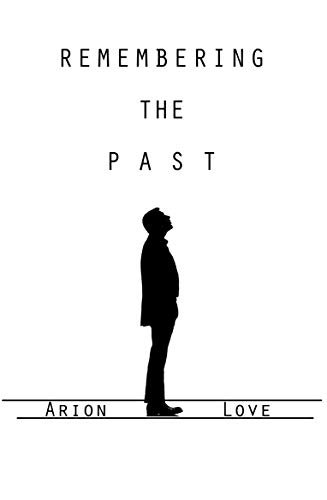
Challenges in Remembering the Past
Selective Memory
One of the challenges in remembering the past is selective memory. It is natural for individuals and communities to focus on and remember events that align with their worldview or support their interests. This can lead to some aspects of history being overlooked or forgotten, resulting in an incomplete or biased understanding of the past.
Limited Availability of Information
Another challenge in remembering the past is the limited availability of information. Some historical records may have been lost or destroyed over time, making it challenging to piece together the full story. Additionally, marginalized communities and their contributions to history may not have been adequately documented, further limiting our understanding of the past.
False Memories
False memories can also be a challenge in remembering the past. Our memories can be distorted, and, in some cases, individuals may genuinely believe in events that did not occur. This can occur due to the influence of external factors, such as media portrayals or societal narratives, or due to internal psychological processes.
Remembering Historic Events
Commemorations and Memorials
Commemorations and memorials play a crucial role in remembering historic events. They provide a physical space for remembrance and reflection, allowing individuals and communities to come together to honor those who have gone before and to pay tribute to significant events and sacrifices. Commemorations and memorials also serve as a reminder of the lessons learned from the past.
Anniversaries and Remembrance Days
Anniversaries and remembrance days are another way to remember historic events. These annual observances provide an opportunity for reflection and commemoration on a larger scale. They serve as a collective reminder of significant moments in history and help ensure that the lessons learned are not forgotten.
Collective Remembrance
Collective remembrance is an essential aspect of remembering the past. When communities come together to remember, share stories, and honor their shared history, it fosters a sense of identity and solidarity. Collective remembrance reinforces the idea that history is not just a collection of individual stories but a shared narrative that shapes our present and future.
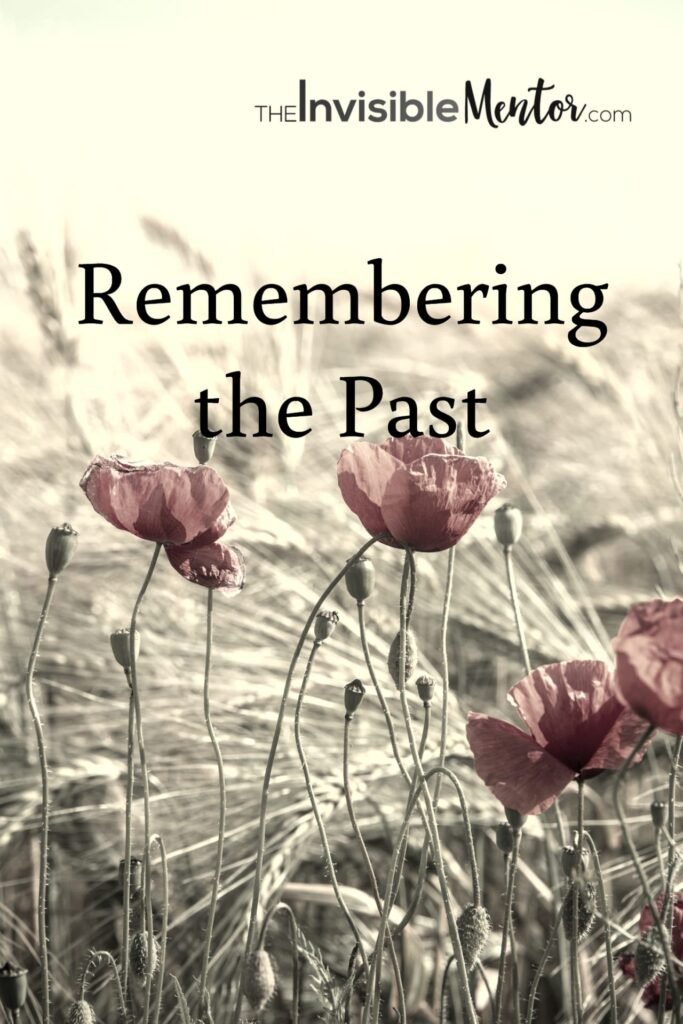
Individual vs. Collective Memory
Personal Memories
Individual memories contribute to our collective understanding of the past. Our personal experiences and recollections are significant in shaping our perspective and interpretation of historical events. Sharing these memories with others helps build a broader narrative and adds nuance to the collective memory.
Shared Collective Memory
Shared collective memory is a reflection of the stories, experiences, and knowledge that are passed down and shared within a community. It strengthens social bonds and provides a sense of continuity and belonging. Shared collective memory can also unite individuals across generations, fostering a shared understanding of history.
Memory as a Social Construct
Memory is not static; it is a social construct that evolves over time. As societies change and perspectives shift, memory can be reinterpreted, revised, or even erased. Memory as a social construct emphasizes the importance of multiple perspectives and ongoing dialogue to ensure a balanced and inclusive understanding of the past.
Ethics and Responsibility in Remembering the Past
Respecting Different Perspectives
Respecting different perspectives is essential when remembering the past. History is often complex and layered, and acknowledging multiple viewpoints allows for a more comprehensive understanding. It is crucial to listen to diverse voices, challenge preconceptions, and engage in respectful dialogue to avoid perpetuating misinformation or exclusionary narratives.
Avoiding Historical Revisionism
Historical revisionism refers to the distortion or manipulation of historical facts to support a particular agenda or viewpoint. It is essential to approach the past with integrity and strive for accuracy and objectivity. Avoiding historical revisionism ensures that the lessons and truths of history continue to inform our present and future.
Preserving Human Dignity
Remembering the past should be done in a way that preserves human dignity. While some historical events may be painful, it is important to remember them compassionately and respectfully. By acknowledging and learning from the mistakes and injustices of the past, we can work toward a more just and equitable future.
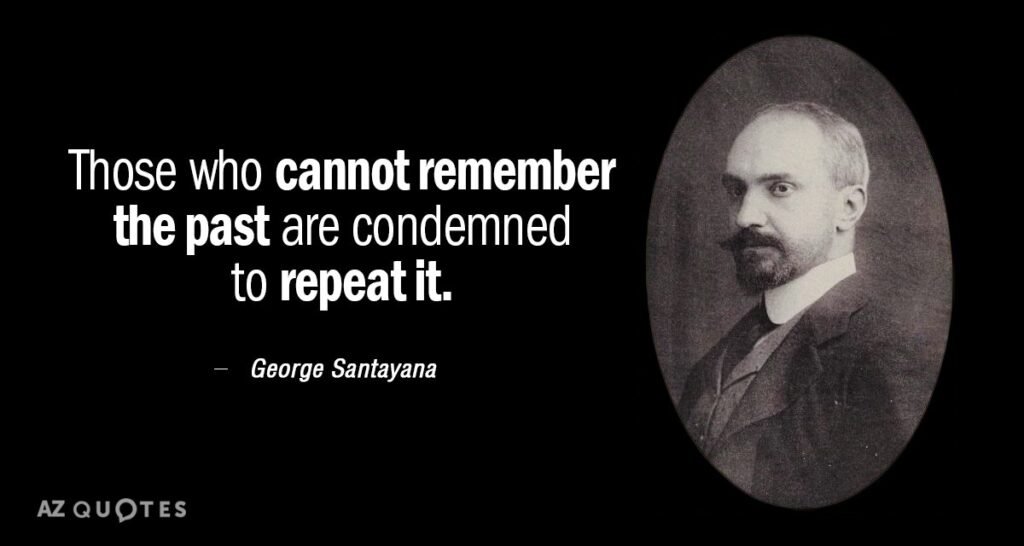
Cultural and National Heritage
Preservation of Historical Sites and Landmarks
Preserving historical sites and landmarks is crucial for remembering the past. These physical spaces serve as tangible reminders of our history and cultural heritage. By protecting and maintaining these sites, we ensure that future generations can experience and learn from the past.
Protecting Intangible Cultural Heritage
Intangible cultural heritage encompasses traditions, knowledge, and expressions that are transmitted from generation to generation. It includes oral traditions, performing arts, social practices, rituals, and festive events. Protecting intangible cultural heritage allows us to preserve the richness and diversity of human culture and reinforces a sense of identity and pride.
Museums and Exhibitions
Museums and exhibitions play a vital role in remembering the past. They provide spaces for the preservation and display of artifacts, documents, and artworks that represent different aspects of our history. Museums also serve as educational resources, fostering a deeper understanding and appreciation of our collective heritage.
Conclusion
Remembering the past is not just an intellectual exercise; it is a powerful tool that shapes our present and future. By preserving history, learning from our mistakes, and understanding our roots, we can create a more inclusive and empathetic society. Although challenges exist, such as selective memory and limited information, it is crucial to embrace the power of memory and honor the past for a brighter future. By continuing the legacy of remembering, we ensure that the lessons and stories of the past are not forgotten.


